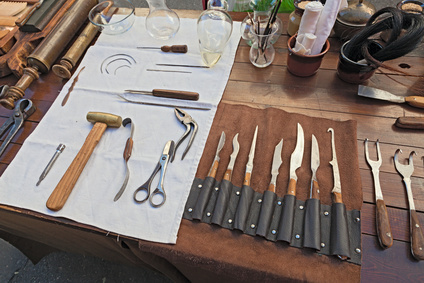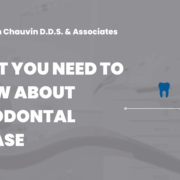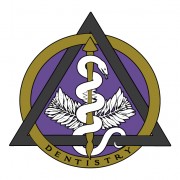The History of Dentistry
Dentistry is not a new profession. In fact, it’s probably much older than you think it is. It wasn’t a Renaissance idea, or even a Roman idea. Dentistry can trace its roots all the way back to 5000 BC! There is a Sumerian text that says that dental decay is caused by “tooth worms”. Gross! Fortunately they were wrong.
Flash forward about 2400 years, to 2600 BC, to the death of the first dentist. An Egyptian scribe named Hesy-Re had the following inscribed on his tomb: “the greatest of those who deal with teeth, and of physicians.” This is the first recorded instance of a person identifying as a dentist. Also in Egypt, between 1700 and 1550 BC, a text was found that refers to toothache remedies and tooth disease. This document was called the Ebers Papyrus.
A thousand years later, two of the most famous philosophers ever documented, Hippocrates and Aristotle, wrote about dentistry. They got into great detail! Discussing how teeth erupt, how to remove teeth, how to treat gum disease and tooth decay, and how to stabilize damaged teeth and jaws with wire.
The next thousand years see three major dental developments:
- 100 BC: A medical writer from Rome, named Celsus, wrote about oral hygiene, how to treat toothaches, jaw fractures, teething pain, and how to stabilize loose teeth.
- 166-201 AD: Dental prosthetics, including fixed bridges and gold crowns, are developed and used by the Etruscans.
- 700 AD: Silver paste, an amalgam used for fillings, is mentioned in a Chinese medical text.
 The Guild of Barbers is created in 1210 in France. These were not all the “shave and a haircut” barbers we know today. There were two groups that emerged. The traditional barber, or “lay barber”, who performed haircuts, but some of their duties also included teeth extraction and bleeding! The second group were called surgeons, and were trained to perform complex surgery. Could you imagine going to get a haircut and a tooth pulled all by the same person?
The Guild of Barbers is created in 1210 in France. These were not all the “shave and a haircut” barbers we know today. There were two groups that emerged. The traditional barber, or “lay barber”, who performed haircuts, but some of their duties also included teeth extraction and bleeding! The second group were called surgeons, and were trained to perform complex surgery. Could you imagine going to get a haircut and a tooth pulled all by the same person?
The Guild of Barbers ran into trouble in 1400. Royals in France decreed that lay barbers must cease all surgical procedures, except for extracting teeth, leeching, bleeding, and cupping.
Between 1500 and 1600, two books are published. They both contain information on oral hygiene, the drilling of teeth, how to perform fillings and tooth extractions, and how to treat tooth decay.
- 1530: The Little Medicinal Book for All Kinds of Diseases and Infirmities of the Teeth(Artzney Buchlein), was published in Germany and written for surgeons and barbers.
- 1575: Complete Works, written by the Father of Surgery, Ambrose Pare
By the 1700s, dentistry had become a well known profession. In 1723, Pierre Fauchard, a French surgeon referred to as the Father of Modern Dentistry, published his influential book, The Surgeon Dentist, a Treatise on Teeth, defining a comprehensive system for oral hygiene and treatment of teeth. He also presented the idea of dental fillings and the use of dental prosthesis, and identified that acids from sugar led to tooth decay.
In 1840, the first dental college (Baltimore College of Dental Surgery) opened. In the United States, Alabama led the way by enacting the first dental practice act in 1841 to regulate dentistry in the U.S. Nearly 20 years later, the American Dental Association (ADA) was formed. The first university-affiliated dental institution, the Harvard University Dental School, was founded in 1867.
By 1873, Colgate had mass produced the first toothpaste, and mass-produced toothbrushes followed a few years later.
What may come as a surprise is that the first African American to earn a dental degree dates all the way back to 1869, and the first female dental assistant, Malvina Cueria, was employed in New Orleans in 1885. What might be most surprising of all is that most Americans did not adopt good brushing habits until after World War II, when soldiers stationed abroad brought the concept of good oral health back to the United States!
If you want to learn more about the history of dentistry, click here. If you have questions about your dental care, give us a call! We’ll be happy to answer your questions!





